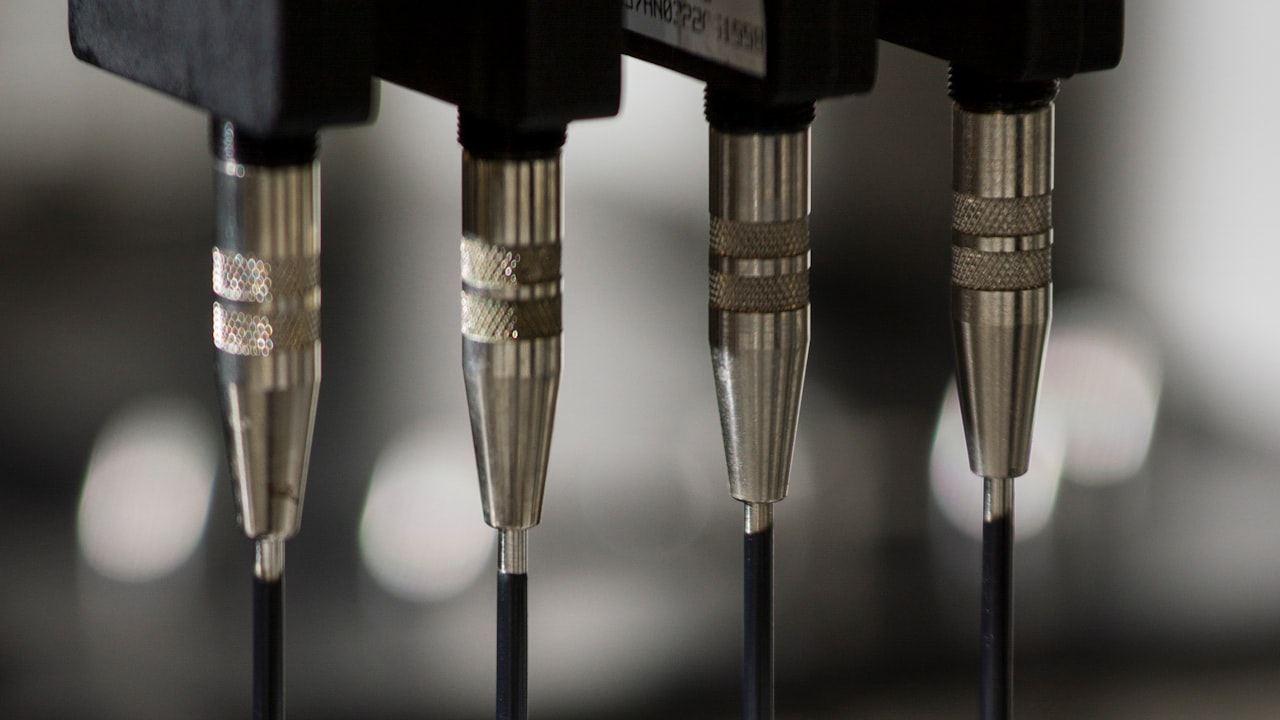 Title: The Role of Pharmaceutical Machinery in Drug Manufacturing
Title: The Role of Pharmaceutical Machinery in Drug Manufacturing
Pharmaceutical machinery plays a crucial role in the drug manufacturing process, ensuring the quality, efficiency, and consistency of pharmaceutical products. Among the various types of pharmaceutical machinery, table press machines and capsule filling machines are two essential tools used in the production of tablets and capsules.
Table press machines are commonly used in pharmaceutical manufacturing to compress powdered ingredients into solid tablets of uniform size and weight. These machines utilize various mechanisms to exert pressure and form tablets with precision. The Tablet Compression Machine, also known as Tablet Press or Pill Press, is a mechanical device that compresses powders into tablets of uniform size and weight. The Tablet Press operates by feeding powder into two rotating punches that compress the powder into tablet form. The pressure applied by the punches can be controlled to adjust the tablet’s weight and hardness.
On the other hand, capsule filling machines are automated devices used to fill empty capsules with the desired dosage of powdered or granular ingredients. Capsule filling machines come in different types, such as manual, semi-automatic, and fully automatic machines, each offering different levels of production capacity and efficiency. The process of capsule filling involves filling the body of the capsule with the active pharmaceutical ingredient (API) and then sealing it with the cap to form a complete capsule dosage form.
Two common models of table press machines used in pharmaceutical manufacturing are the TDP and THDP series. The TDP series, including models like TDP-1.5, TDP-5, and TDP-6, are single-punch machines suitable for small to medium-scale production. These machines are compact, easy to operate, and provide consistent tablet output. On the other hand, the THDP series, such as THDP-3 and THDP-5, are double-sided rotary tablet presses capable of high-speed production and high-volume tablet output. These machines are ideal for large-scale pharmaceutical production facilities requiring high efficiency and output.
In conclusion, pharmaceutical machinery, including table press machines and capsule filling machines, plays a vital role in drug manufacturing by ensuring the efficient production of tablets and capsules. The TDP and THDP series of table press machines are key components in the tablet manufacturing process, providing pharmaceutical manufacturers with reliable and high-quality equipment for tablet production. Additionally, capsule filling machines facilitate the encapsulation of powdered ingredients, enabling the production of capsule dosage forms. Overall, the use of pharmaceutical machinery enhances the efficiency, accuracy, and quality of drug manufacturing processes.

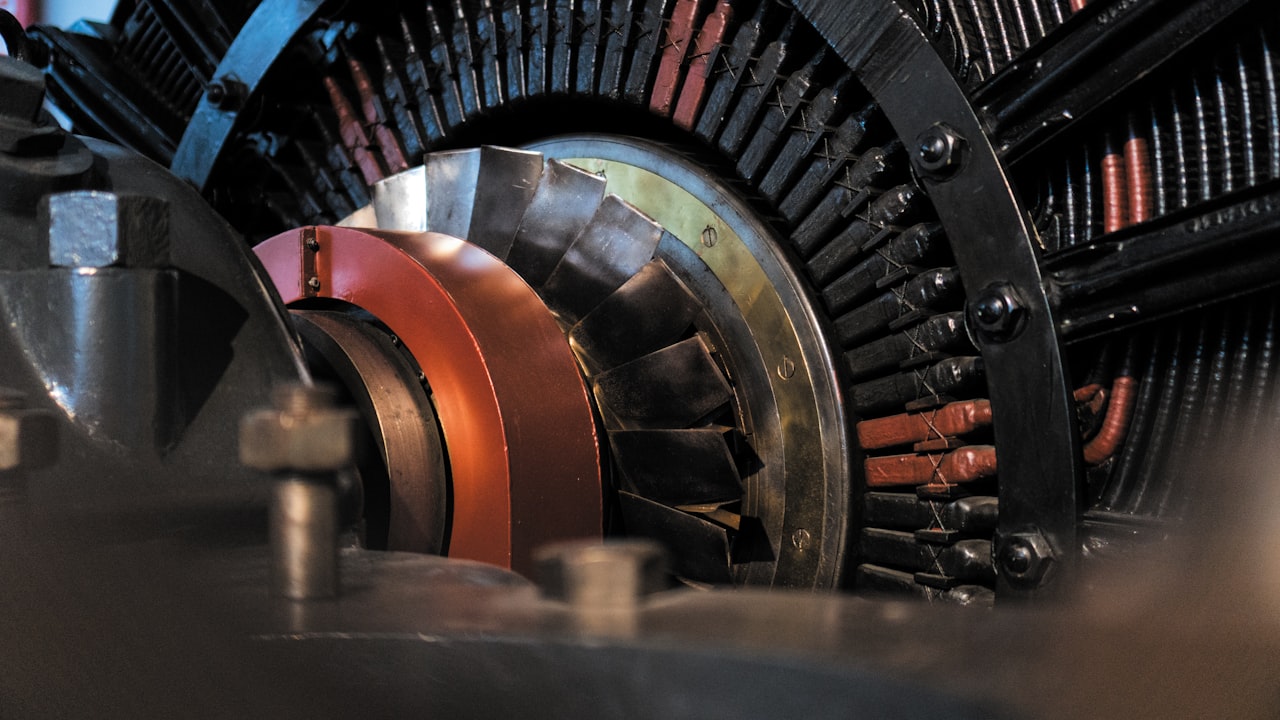 Title: “Revolutionizing Pharma Production: The Impact of Pharmaceutical Machinery in Manufacturing Processes”
Title: “Revolutionizing Pharma Production: The Impact of Pharmaceutical Machinery in Manufacturing Processes” Title: “The Evolution of Pharmaceutical Machinery: Enhancing Efficiency and Quality in Drug Manufacturing”
Title: “The Evolution of Pharmaceutical Machinery: Enhancing Efficiency and Quality in Drug Manufacturing” Article Title: “The Role of Pharmaceutical Machinery in Modern Healthcare: Innovation and Efficiency”
Article Title: “The Role of Pharmaceutical Machinery in Modern Healthcare: Innovation and Efficiency”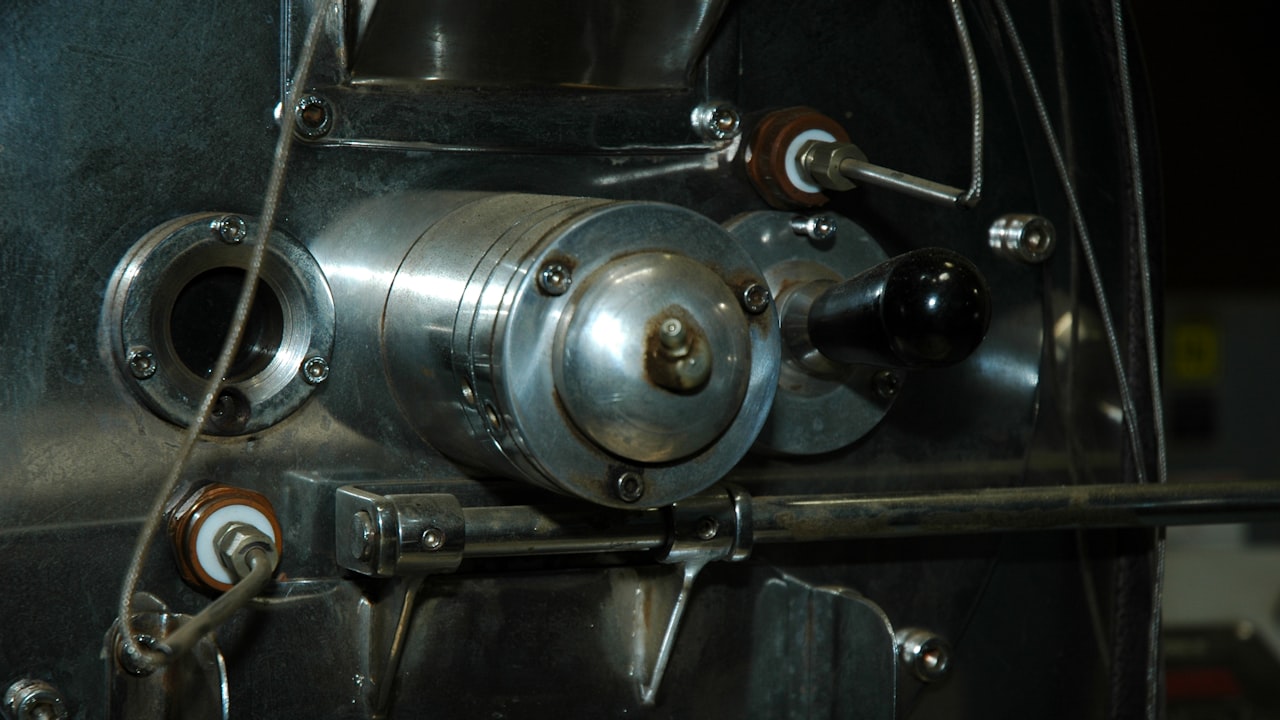 Title: The Role of Pharmaceutical Machinery in Modern Drug Manufacturing
Title: The Role of Pharmaceutical Machinery in Modern Drug Manufacturing Article:
Article: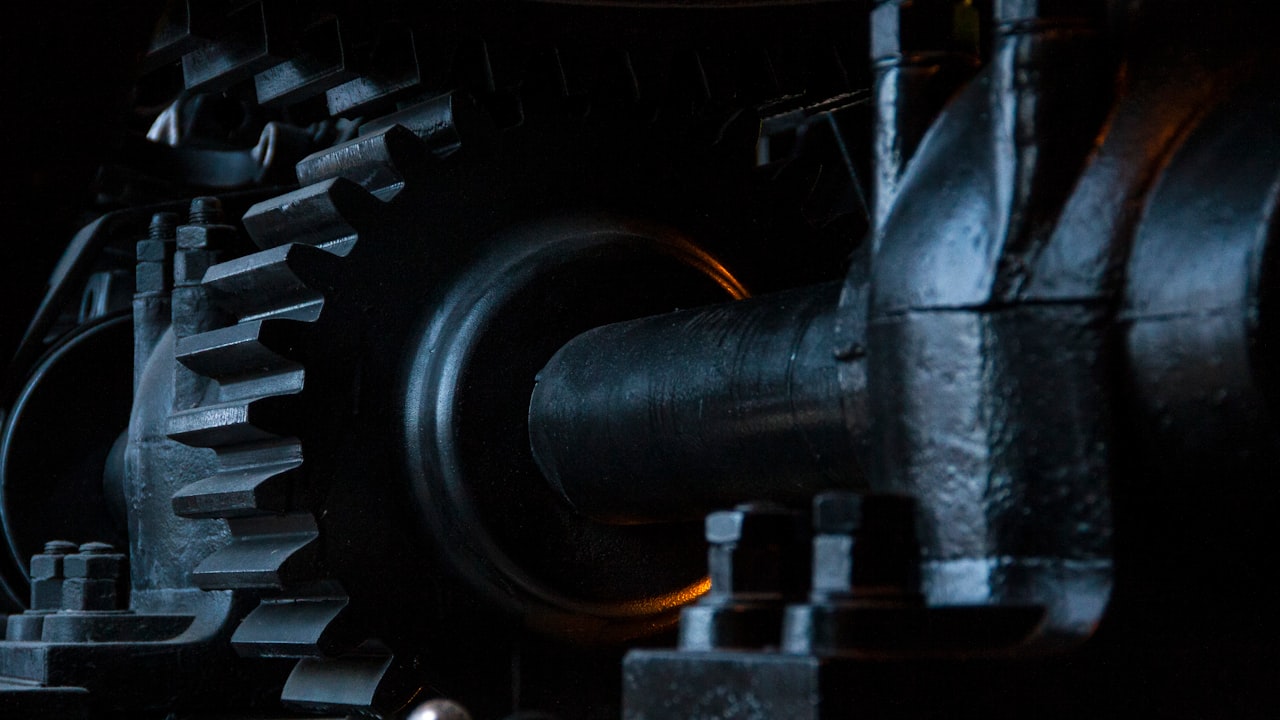 Title: “The Role of Pharmaceutical Machinery in Drug Manufacturing”
Title: “The Role of Pharmaceutical Machinery in Drug Manufacturing”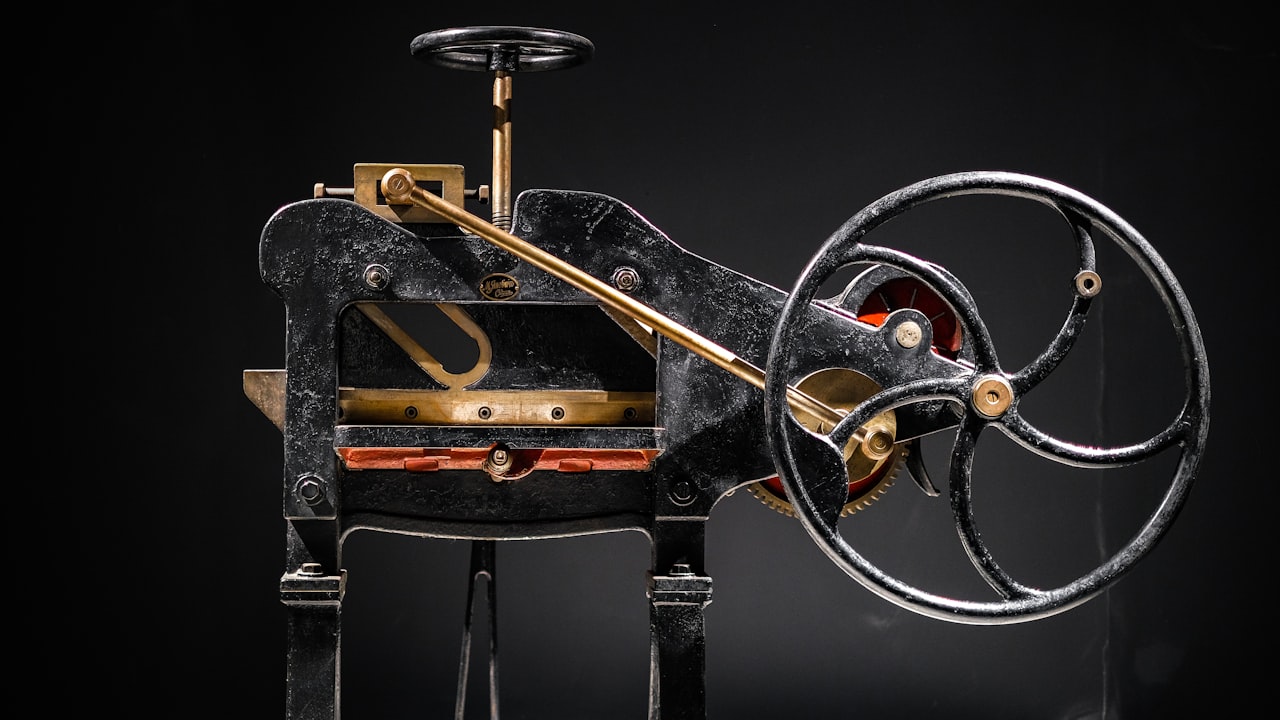 Title: “The Role of Pharmaceutical Machinery in Modern Healthcare”
Title: “The Role of Pharmaceutical Machinery in Modern Healthcare” Title: Pharmaceutical Machinery: Revolutionizing Drug Manufacturing Processes
Title: Pharmaceutical Machinery: Revolutionizing Drug Manufacturing Processes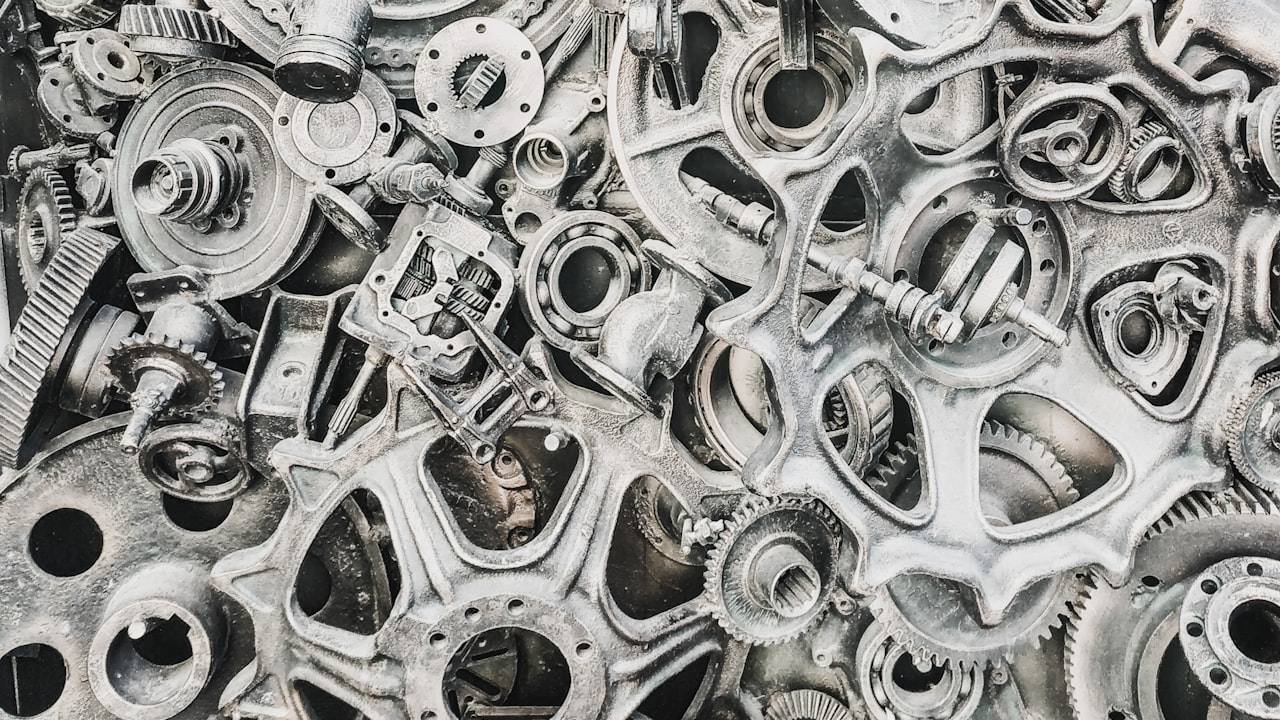 Title: “The Role and Importance of Pharmaceutical Machinery in Drug Production”
Title: “The Role and Importance of Pharmaceutical Machinery in Drug Production”



